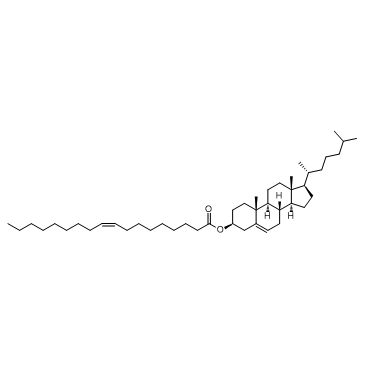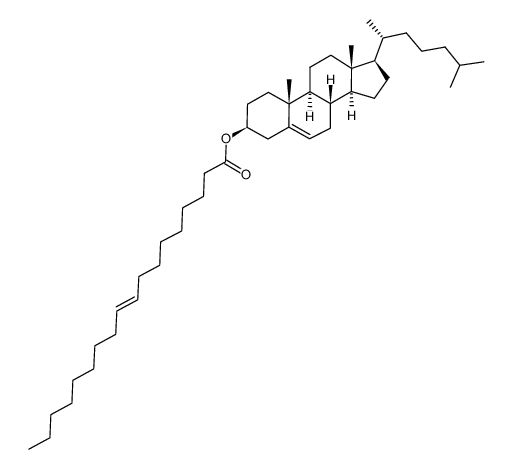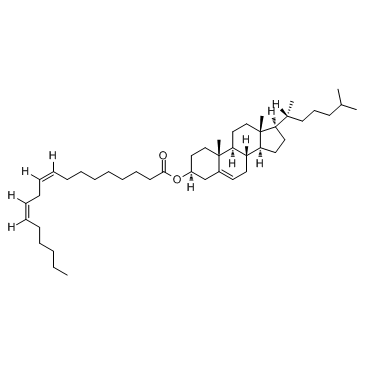| Structure | Name/CAS No. | Articles |
|---|---|---|
 |
Cholesteryl oleate
CAS:303-43-5 |
|
 |
cholesteryl elaidate
CAS:19485-76-8 |
|
 |
CHOLESTERYL LINOLEATE
CAS:604-33-1 |